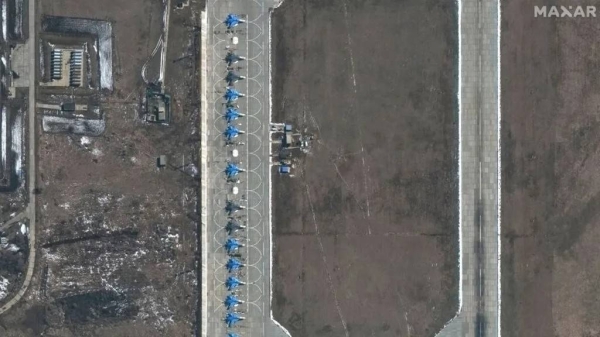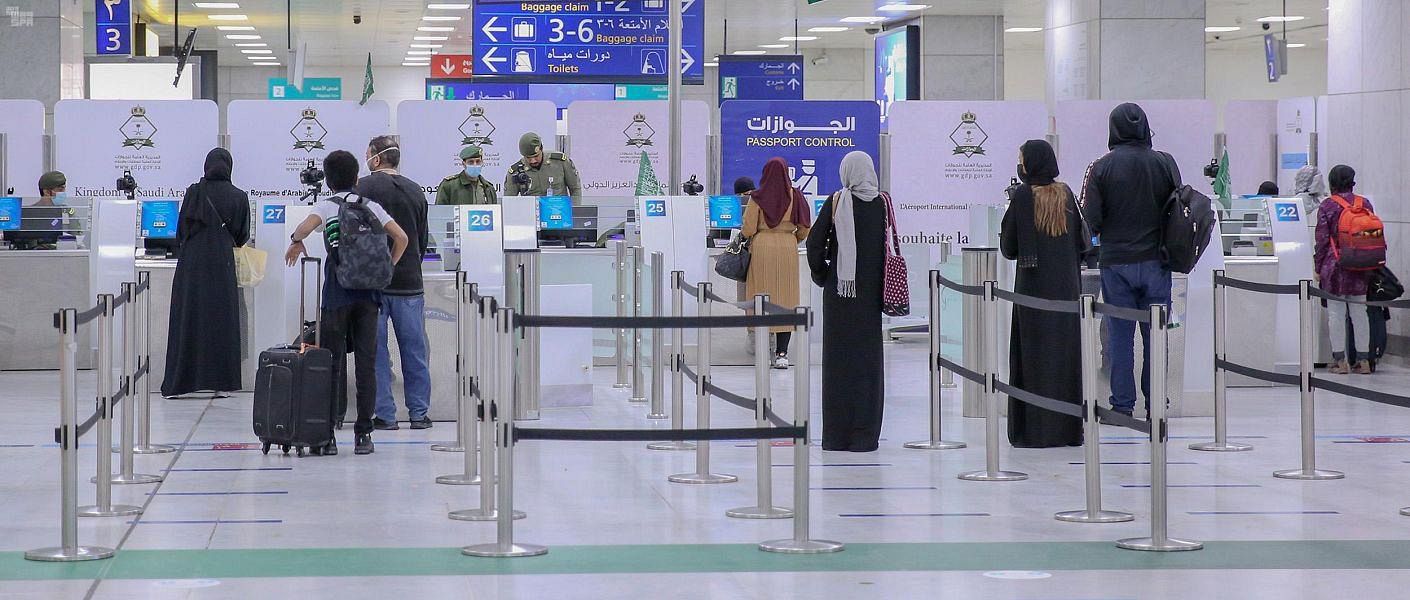
Researcher documents more than 22,000 overflights in past 15 years alone
Lebanon and Israel are still in a state of war despite the Israeli withdrawal from the south of the country in 2000
BEIRUT: There have been 22,111 Israeli violations of Lebanon’s airspace since 2007, according to a database that wants to show the effects of “systematic and prolonged exposure to the roar of these military planes in the airspace, and their impact on the physical and psychological life of those who have had to withstand constant air pressure” from above.
Airpressure.info compiled the database to make all Israeli air violations visible.
Lawrence Abu Hamdan, a 37-year-old Jordanian who lived in Beirut for years, is behind the information. He said he wanted to shed light on “an accumulated event, one extended crime” that had taken place over the past 15 years.
“It is an atmosphere of violence that takes its toll over time. That is why it might be ignored, although it shouldn’t be ignored any longer.”
Lebanon and Israel are still in a state of war despite the Israeli withdrawal from the south of the country in 2000. The last Israeli attack witnessed by Lebanon was in the summer of 2006 which lasted a month.
Hamdan is also a contemporary artist who specializes in the political effects of listening, using various kinds of audio to explore its effects on human rights and law.
Airpressure.info said that 8,231 fighter aircraft and 13,102 drones had violated Lebanese airspace since 2007.
It said: “These acts of aggression in Lebanese airspace are not short overflights, but last for four hours and 35 minutes on average. The total duration of these violations amounts to 3,098 days. This is equal to eight years and a half of continued occupation of Lebanon by jet planes and drones.”
These violations meant that life in Lebanon was under random group surveillance, it added.
“These are an unprecedented violation of people’s privacy by a foreign state. Through these airspace violations, people’s phone calls and text messages are being monitored and their homes and movements are being randomly filmed.”
Journalist Samer Wehbe, who is from the southern city of Nabatieh, told Arab News that Lebanese people living in the south had become used to the sound of the Israeli aircraft every day.
"They find it odd when these aircraft do not violate the airspace for one or two days. Apart from watching the movements of the Lebanese, the Israeli spy planes, roaring all day and night, cause disturbance, anxiety, and stress. Even children complain about the sounds.”
The website relied on the findings of 17 articles published in popular international journals detailing “the severe physiological effects of airplane noise.”
These articles showed that “hypertension, circulatory effects, sleep disorder, and psychosocial pain” were usually associated with long-term exposure to this type of noise pollution.
The website recorded 30 times where around eight to 12 aircraft breached Lebanese airspace at the same time, "regularly violating the sound barrier above civilian areas, causing a sonic boom known to smash windows.”
It was possible that all residents would hear these aircraft while they flew north over the mountains and south to the coast as Lebanon was just 88 km at its widest point, it said.
It noted that Israel used advanced military aircraft and modern surveillance aircraft.
Wehbe said: “Adults who have lived through Israel"s wars and invasions of Lebanon suffer from anxiety more than others. During my fieldwork, I have often seen women having panic attacks because they expect to be raided after hearing the roar of flying aircraft, especially since this roar lasts hours and becomes disturbing as minutes and hours pass.”
In a survey of Lebanon"s complaints against Israeli air violations, the website said 243 letters were uploaded to the UN Digital Library from 2006 to 2021. “They are addressed to the Security Council and contain all radar information, including time, duration, type, and route for each violation of the aircraft.”
The Lebanese Defense Ministry, the UN Security Council, and UNIFIL forces usually monitor and record such violations. But the website said this information was stored in a “partial and uncoordinated manner” by these three institutions.
It published a map of the airspace violations above Lebanon’s regions and showed the routes followed by the aircraft in the form of overlapping circles that covered most of the country.
The flights are concentrated in the south, where they appear to follow set routes. But Beirut is also a frequent destination, as are areas north of the capital and closer to the Syrian border.
A Lebanese diplomatic source told Arab News: “Violations are being recorded on the Lebanese side and stored in the UN library, but the UN doesn’t judge. This is how it works.”










